Marseille – When it comes to biotech clusters for immunotherapy, Marseille, the second city of France, has to be right up there along with Boston, San Francisco in the United States and the “Golden Triangle” of Oxford, Cambridge and London in the UK.
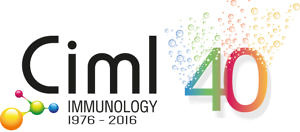 I’m here in Marseille thanks to an invitation from Professor Eric Vivier to attend the 2-day scientific conference that the Centre d’Immunologie de Marseille-Luminy (CIML) have organized as part of their fortieth anniversary celebrations (1976-2016). It starts today (Twitter #CIML40).
I’m here in Marseille thanks to an invitation from Professor Eric Vivier to attend the 2-day scientific conference that the Centre d’Immunologie de Marseille-Luminy (CIML) have organized as part of their fortieth anniversary celebrations (1976-2016). It starts today (Twitter #CIML40).
Surrounding CIML in the picturesque national park (Parc National des Calanques), just outside the city, are innovative biotech companies focused on immunology and cancer immunotherapy. The combination of companies, research institutes and academic hospitals in the region has created the Marseille Immunopôle (@Immunopole). The area should already be on your radar if you are following the field.
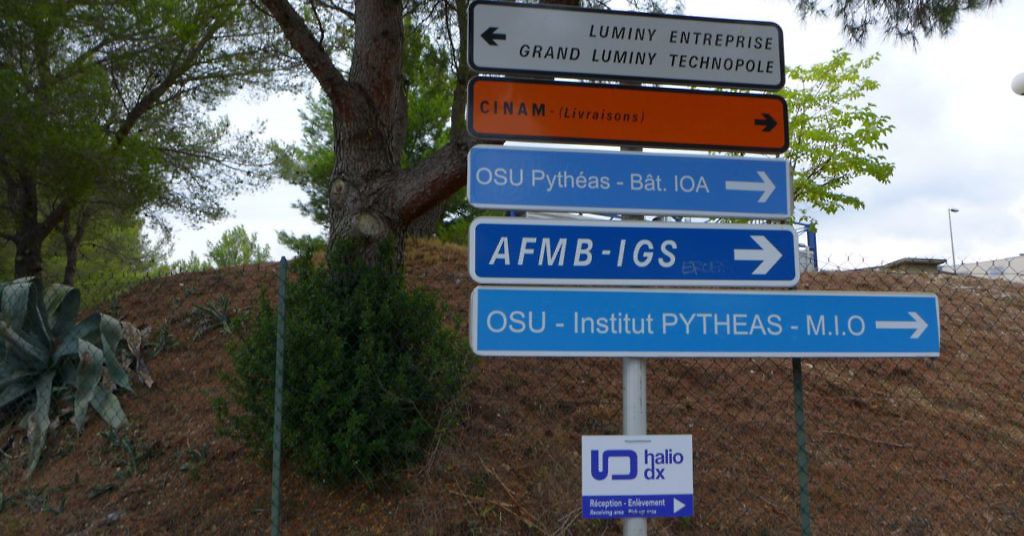
Yesterday, I visited HalioDx (@HalioDx), a start-up company a stone’s throw from CIML. It was founded in 2015 to commercialize Immunoscore, a novel biomarker in colon cancer that can be used to stage patients based on their immune response.

Vincent Fert, CEO of HalioDx
We’ve been following the work of Dr Jérôme Galon on the blog for some time (see posts from European Cancer Congress 2015 and ASCO 2016), so it was a pleasure to talk to Vincent Fert, CEO (pictured right) and co-founder of HalioDx, about his plans to commercialize Immunoscore in Europe and the United States.
If you want to know more about the science behind Immunoscore, do listen to the recent Novel Targets Podcast (@TargetsPodcast) interview with Dr Galon, where he talks about the data he presented at ASCO 2016.
The field of cancer immunotherapy is making rapid progress. It is already reaching the point where — in order to optimize the chance of a durable response — doctors need to know what a patient’s underlying immune response to cancer is, in order to direct therapy.
Vincent Fert and HalioDx are leading the way with the commercialization of a new diagnostic approach for colon cancer based on a patient’s immune profile. He kindly spoke with BSB about his plans for the company and making Immunoscore available in the US and Europe.
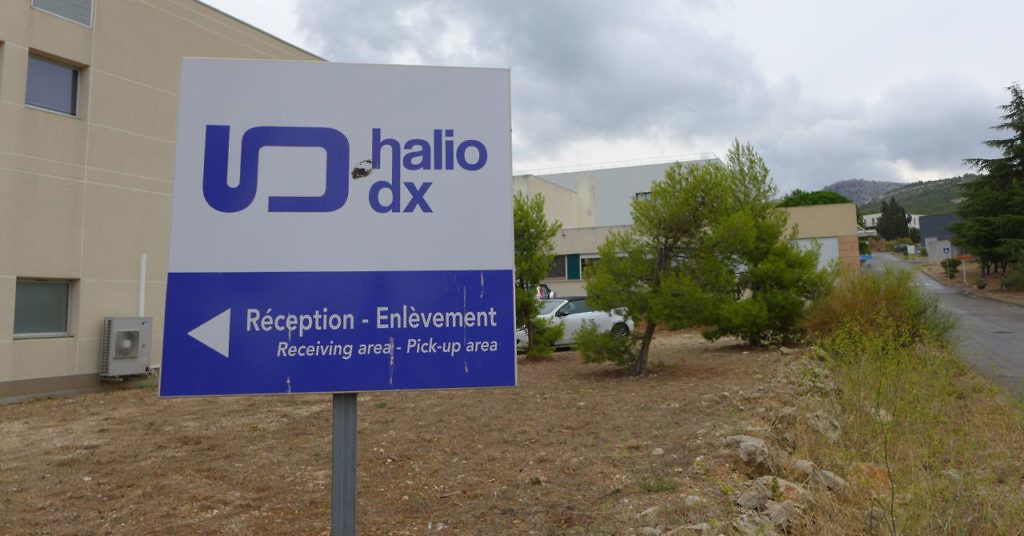
This is the first post in a mini-series from the Marseille Immunopôle.
Subscribers can login to learn more about this approach or you can purchase access.
This content is restricted to subscribers

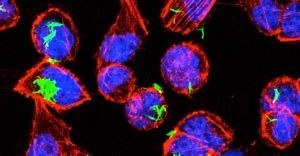
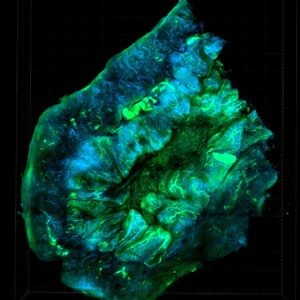

 Sunday is usually a good day at ESMO congresses and 2017 was no different in that respect.
Sunday is usually a good day at ESMO congresses and 2017 was no different in that respect.
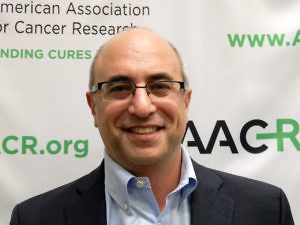

 I’m here in Marseille thanks to an invitation from Professor Eric Vivier to attend the 2-day scientific conference that the
I’m here in Marseille thanks to an invitation from Professor Eric Vivier to attend the 2-day scientific conference that the 


 What questions are BSB readers sending in to us this month?
What questions are BSB readers sending in to us this month?